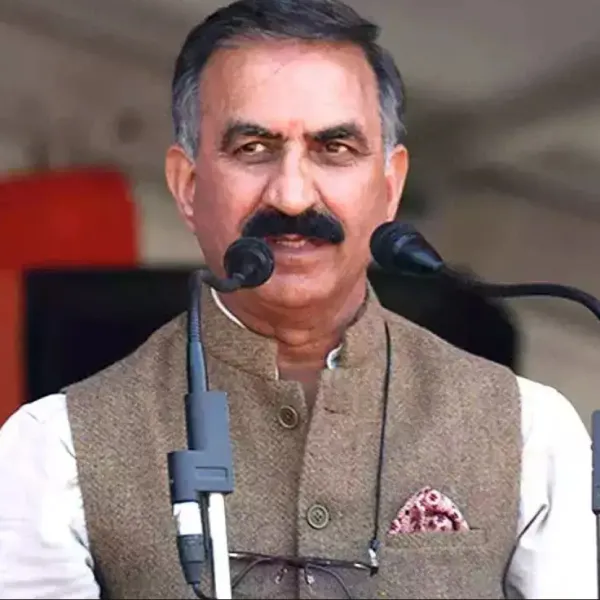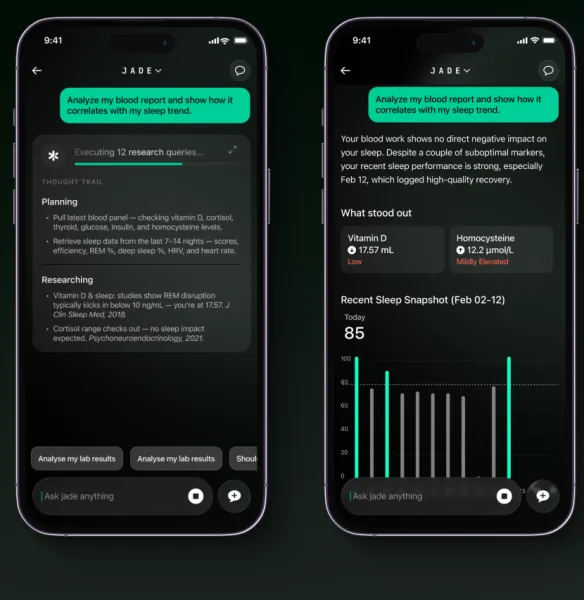Exclusive: Alyve Health's Approach to Streamlining Healthcare Payments in India's Healthtech Sector

In India, managing healthcare payments can often be complex, with many individuals facing unexpected medical expenses. A recent survey revealed that 68% of policyholders seeking reimbursement struggle with inadequate savings, leading to borrowing for high-cost treatments, particularly in smaller towns. This highlights a critical need for more efficient, cashless payment solutions to reduce financial stress.
Alyve Health, founded in 2020 by Shashank Avadhani, Sushant Roy, and Vineet Mehta, is stepping up to meet this need. The startup is dedicated to simplifying health plan experiences and providing extensive coverage. With a platform that integrates insurers, brokers, financial institutions, clinics, diagnostic centers, and fitness studios, Alyve Health serves over 1 million members and partners with more than 400 corporates.
In an exclusive interview with DHN, Sushant Roy, co-founder, CBO, and COO at Alyve Health, shares how Alyve Pay is transforming healthcare payments, insights into the future of digital health payments in India, and the trends driving the growth of the healthtech sector.
1. What key challenges in healthcare payments does Alyve Pay address, and how has the industry reacted to them?
Alyve Pay tackles critical issues in India's fragmented healthcare payment landscape. With over 10 Lakh independent doctors and 1.5 Lakh pharmacies, there is a lack of cohesion in outpatient department (OPD) services, leading to a disjointed experience for users. This fragmentation extends to diagnostic centers, making it challenging for insurers to offer cashless services that align with user needs.
The reliance on cumbersome reimbursement processes further complicates healthcare payments, with manual documentation and processing increasing the risk of errors and fraud, thus reducing trust.
Alyve Pay simplifies this by enabling direct payments to doctors via UPI-linked QR codes, eliminating the need for reimbursements and reducing delays. Insurers can define plan restrictions that are automatically applied at the time of the transaction, ensuring users stay within coverage limits.
The industry has responded positively to Alyve Pay, recognizing it as a crucial step toward modernizing healthcare payments in India. Starting with doctor consultations, Alyve Pay plans to expand its services to cover all health and wellness payments, streamlining access to healthcare across the board.
2. How do you see digital health payments evolving in India, and what role will Alyve Pay play in this transformation?
Digital health payments in India are on the brink of a transformative shift, driven by technological advancements, policy initiatives, and changing consumer preferences.
The growing adoption of cashless transactions, particularly in corporate-sponsored OPD plans, is a key driver. These plans encourage preventive care, reducing long-term healthcare costs for organizations and providing users with the convenience of reduced out-of-pocket expenses. Insurers are promoting cashless OPD plans to minimize fraud, standardize care, and simplify healthcare payments for users.
The National Digital Health Mission (NDHM) aims to integrate payment information with patient health records, facilitating seamless data sharing between healthcare providers and insurers. This will enhance the efficiency of claims settlement and enable healthcare providers to offer cashless services more confidently.
Payment models are increasingly supporting preventive healthcare, offering flexibility through subscription-based or pay-per-use options. This shift encourages users to engage in preventive measures, reducing the incidence of chronic diseases and lowering overall healthcare costs.
Alyve Pay is well-positioned to lead this transformation by facilitating cashless transactions across the healthcare ecosystem. Its plans to expand into preventive care and real-time fraud management capabilities will enhance security and reliability, building trust among users and driving widespread adoption.
3. What are the current barriers to user adoption of healthtech solutions, and how is Alyve Health working to overcome them?
One significant barrier is the lack of awareness and trust. Many users are unaware of the benefits of healthtech solutions and are hesitant to adopt them due to concerns about efficacy. Alyve Health addresses this through targeted educational initiatives, including onboarding sessions, webinars, and coaching programs. By empowering users with knowledge, Alyve Health builds trust and confidence in its solutions.
Health data privacy and security concerns are another barrier. Users are concerned about how their sensitive health information is handled. Alyve Health ensures full compliance with HIPAA and ISO standards, providing robust data privacy and security measures that reassure users and foster trust.
Pricing can also be a barrier to adoption, especially when users struggle to assess the value of healthtech solutions. Alyve Health negotiates prices at scale with partners, offering competitive pricing that reflects the true value of their services. By curating affordable healthcare plans that include new-age solutions, Alyve Health enhances accessibility.
The lack of interoperability between digital health systems can make it difficult for users to navigate multiple platforms. Alyve Health is addressing this by partnering with a wide range of healthcare providers that go through a strict vetting process and ensuring compatibility across systems, simplifying the user journey and enhancing adoption.
4. How do you view the integration of insurance with healthtech platforms, and what improvements are needed in this area?
The integration of insurance with healthtech platforms has transformed healthcare delivery, but there is still room for improvement.
Integration with telehealth services has expanded access to convenient healthcare, particularly in rural areas. By covering virtual consultations, insurers can offer timely and affordable care, improving access for underserved populations.
Healthtech platforms also promote preventive care by aggregating wellness offerings such as annual check-ups and mental health support. This simplifies access, encouraging users to take proactive steps toward maintaining their health and well-being.
Innovations in OPD plan management have streamlined the claims process, making it easier for users to access benefits. Healthtech platforms enable insurers to monitor and manage OPD plans more effectively, enhancing the user experience.
The integration of wearable technology and AI diagnostics allows insurers to offer personalized coverage and wellness programs. This approach enables continuous health monitoring and early detection of health issues, improving outcomes and reducing costs.
To fully realize the potential of these integrations, healthtech platforms must provide real-time coverage feedback to enhance transparency and user confidence.
Additionally, building trust in new technologies through user education and transparent communication is crucial. Continued investment in health data analytics and AI-driven recommendations will also create more personalized user experiences.
5. What trends do you foresee driving the next wave of growth in the Indian healthtech sector?
Several key trends are driving the growth of the Indian healthtech sector.
AI and machine learning are enhancing diagnostic accuracy, personalizing treatment plans, and predicting patient responses to therapies. These technologies will play an increasingly important role in early diagnosis, enabling healthcare providers to intervene sooner and prevent the progression of chronic diseases.
The adoption of remote patient monitoring (RPM) technologies is growing, enabling continuous health tracking and real-time feedback on lifestyle choices, facilitating timely interventions.
Preventive care is becoming more central to healthcare, with AI-driven diagnostics and wearable technologies empowering users to take charge of their health. This shift will reduce the overall chronic disease burden and improve health outcomes.
Healthtech companies are increasingly integrating various healthcare services to offer comprehensive care. This trend will enhance the patient experience and streamline care delivery, shaping the future of the healthtech landscape.
6. What are Alyve Health's upcoming priorities, and how do they align with industry developments?
Alyve Health's future priorities align with key industry trends, focusing on enhancing user experience, expanding offerings, and leveraging advanced technologies.
We aim to provide real-time feedback on OPD plan coverage, helping users better understand their benefits and make informed decisions.
The company is implementing real-time checks during transactions to confirm alignment with OPD plan coverages, minimizing errors and reducing out-of-pocket expenses.
Alyve Health is developing hyper-personalized OPD plans tailored to individual health profiles, offering more customized and responsive healthcare.
We are investing in advanced health data analytics and AI to provide personalized healthcare recommendations, improving health outcomes for users.
Ensuring the quality of our healthcare network remains a priority, with continuous calibration and assurance to maintain high standards of care.
Alyve Health is focused on establishing continuous care models that integrate health profiles, monitoring, and goals, promoting proactive and sustained health management.
Stay tuned for more such updates on Digital Health News
































